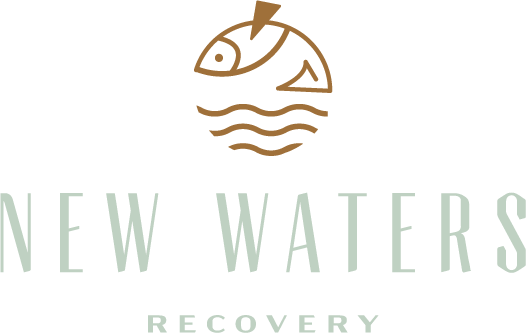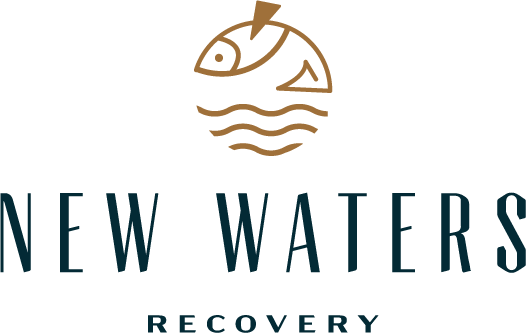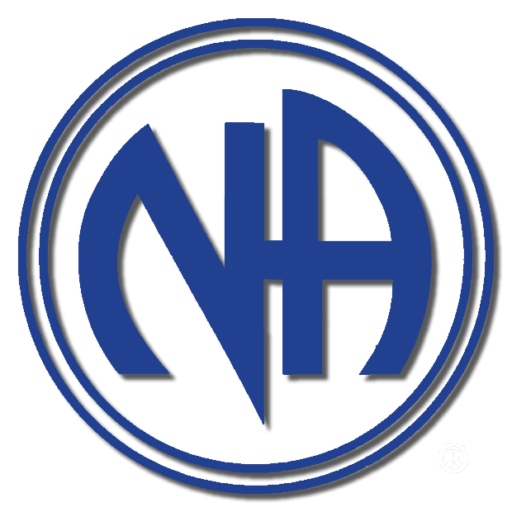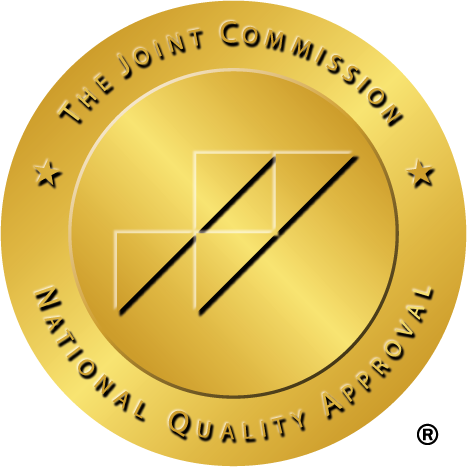A sports lover’s dream, Cary is a bustling city in North Carolina that’s the home of the USA Baseball National Training Complex and a hot spot for soccer with the North Carolina Football Club and the North Carolina Pro Soccer clubs. With all that team pride and party spirit comes drug and alcohol addiction, however.
Fortunately, there is hope for those struggling with addiction. North Carolina alcohol rehab centers like those in Cary offer comprehensive, personalized treatment programs that meet each individual’s needs and goals for recovery and mental health.









